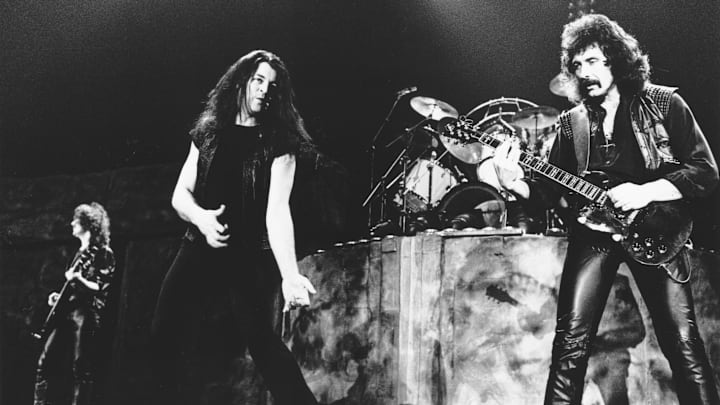“Midnight at the Oasis” by Maria Muldaur (1973)
Maria Muldaur was a student of all types of American music. She was born in New York and was there at the onset of the folkie craze, but she soon found herself traveling south to absorb the country, blues, and jazz traditions that were part and parcel of American music. She sang with Jim Kweskin’s Jug Band in the ‘60s and married guitar player Geoff Muldaur. By the end of the decade, both the band and the marriage broke up, and Muldaur, in her own words, figured she just become a waitress.
Instead, she went to LA and made her first solo album. She was held in such esteem that many of LA’s finest musicians – Jim Keltner, Klaus Voormann, Ry Cooder, and New Orleans great Dr. John - all played on her self-titled album. So did a young guitar player named David Nichtern who penned one of the songs Muldaur chose called “I Never Did Sing You a Love Song.”
Now, tell me if you’ve heard this story before. Toward the end of the recording, Muldaur’s producer suggested a nice mid-tempo song would really round out the album. Muldaur asked Nichtern to play another of his compositions, about a night of romantic bliss, and everyone agreed it would be a serviceable addition. They recorded “Midnight at the Oasis” quickly and finished the album.
It wasn’t exactly like her typical songs, but fortunately, Muldaur could sing anything. The song hit the top ten in the USA and was nominated for both Record and Song of the Year at the Grammys. She lost those awards to Olivia Newton-John and Barbra Streisand respectively, but the song became her signature and helped sustain a career that has lasted more than fifty years.
“Werewolves of London” by Warren Zevon (1978)
The love/hate relationship Warren Zevon had with his most famous song was well-known amongst even his casual fans. Though he professed to hold the song in high regard and swore he did not resent singing it night after night after night, his voice seemed to take on a palpable tension when asked about it. It became clear that whether he liked the song or not, he simply grew tired of talking about it. And that’s unfortunate because the story of its creation is the stuff of legends.
According to James Campion’s first-rate analysis of Zevon’s career – Accidentally Like a Martyr: The Tortured Art of Warren Zevon – the song began with an offhand suggestion made by Phil Everly to write a song inspired by the 1935 British horror film Werewolf of London. While recording his outstanding album Excitable Boy, Zevon, LeRoy Marinell, and Waddy Wachtel began messing around with the idea. They were high and drunk at the time and the “ah-oohs” rang out loud and raucous.
The next morning, Wachtel told producer Jackson Browne about the improvised new song, but Zevon had no recollection of the previous night’s jam session. Fortunately, someone made a recording. Wachtell laid down a couple of good guitar solos, and the rhythm section of Mick Fleetwood and John McVie provided a solid bottom.
Then Zevon sang what he thought was a very simple, largely nonsensical song. It became his only top-40 hit. It’s likely that Zevon didn’t actually dislike the song. It seems he just sort of wished that it wasn’t the only thing he would be remembered for.
